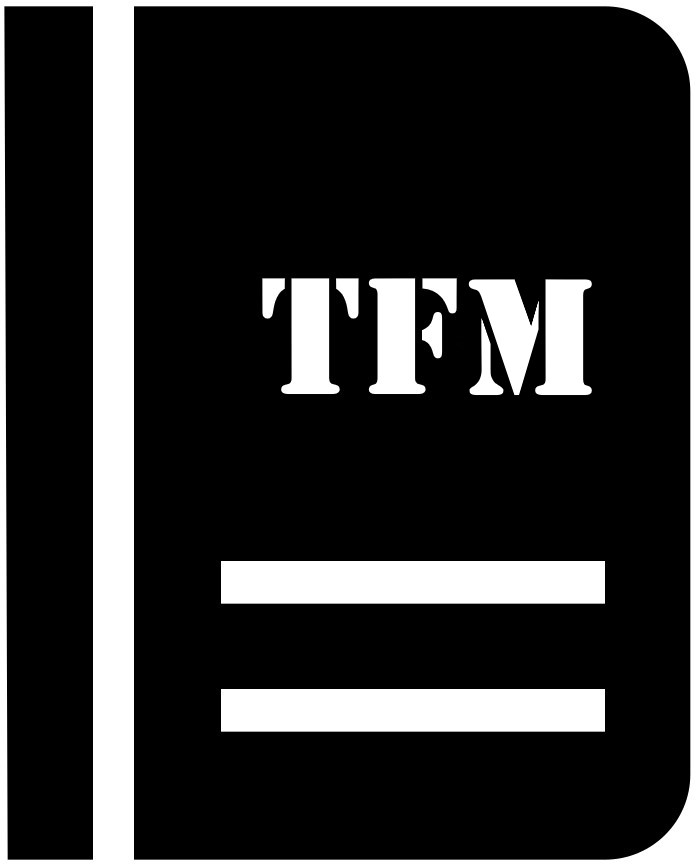|
Author
Llorà i Valls, Mireia
|
Abstract
Adult articular cartilage has a limited capacity for growth and regeneration, and current treatments to restore tissue function have numerous limitations. Therefore, there is a great interest in developing new therapeutic strategies based on tissue engineering for the treatment of degenerative joint diseases, such as osteoarthritis (OA). This approach aims to produce cartilage-like structures that reproduce the complex mechanical and biological properties found in vivo. In this work, we present a novel hydrogel that supports the generation of articular cartilage-like tissues from human pluripotent stem cells (hPSCs).
We evaluated a novel collagen/glycosaminoglycans (GAGs) hydrogel developed by the GEMAT group to determine whether it can support chondrogenesis of human cells. In an effort to create an effective and unlimited source of clinically relevant cells for cartilage repair, the Craft lab developed a differentiation protocol to generate articular chondrocytes from human embryonic stem cells (hESCs).
I combined these two discoveries to determine whether the hydrogel is capable of recreating an appropriate environment for the cells to undergo chondrogenesis, to evaluate whether exogenous growth factors are required for this process, and to ask whether progenitor cells can migrate into the hydrogel as might occur during cell-free applications to damaged cartilage tissue in vivo.
Overall, we have successfully obtained articular cartilage-tissues from hESC-derived cells with great potential to be used to repair damaged cartilage and prevent the onset of OA. In vitro studies show the hydrogel formulation provides a suitable environment for chondrogenic differentiation of hESCderived cells, even in the absence of exogenous growth factors such as TGFß3. In addition, the hydrogel supports cell migration and preserves the viability of mesenchymal progenitors, which suggests that the biomaterial could facilitate endogenous repair. These findings provide evidence that this hydrogel has a broad range of approaches for the treatment and prevention of degenerative joint disease.
|

|



